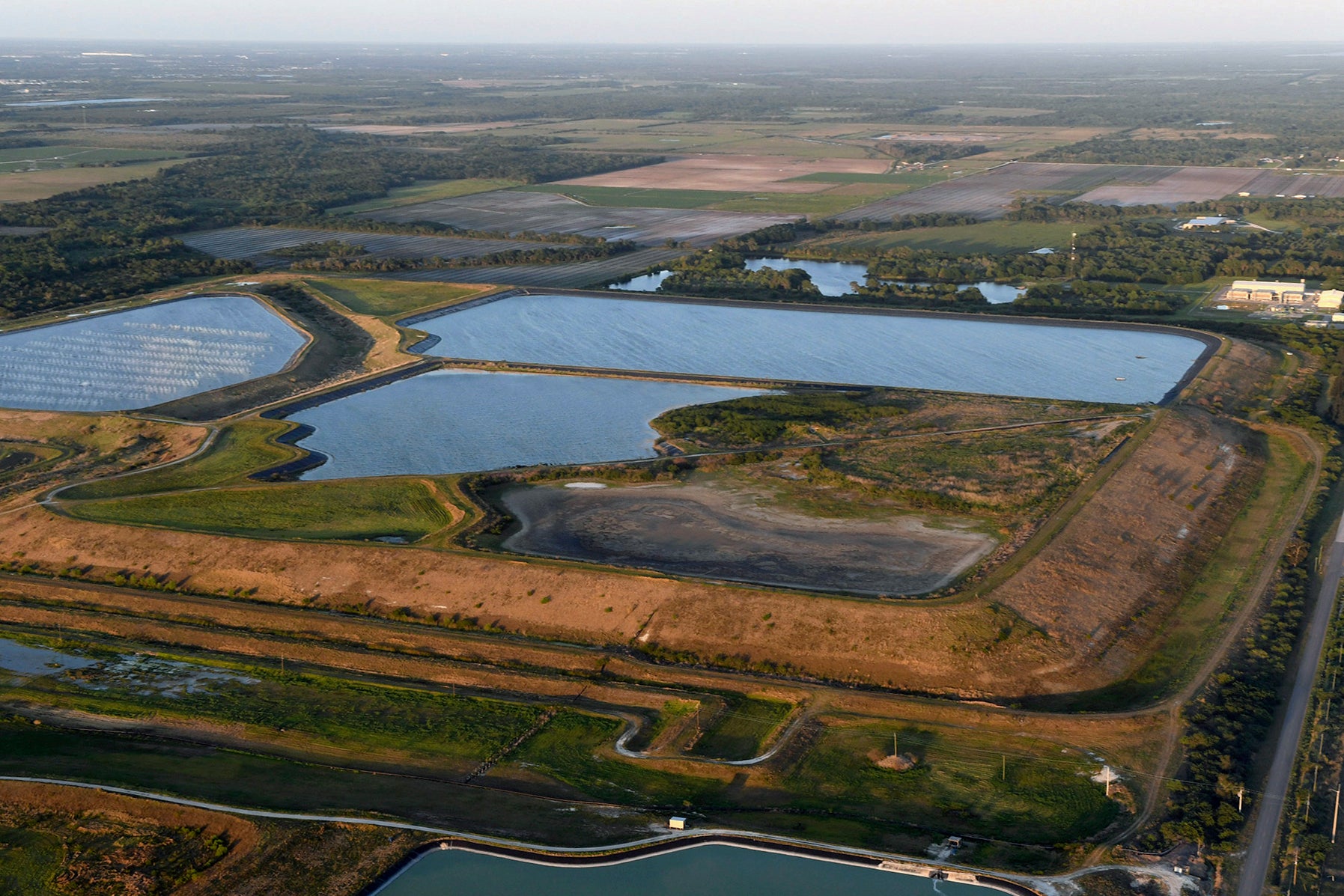Florida may study use of radioactive waste in building roads
Florida may study whether a radioactive waste byproduct of fertilizer production can be used to help build roads

Your support helps us to tell the story
From reproductive rights to climate change to Big Tech, The Independent is on the ground when the story is developing. Whether it's investigating the financials of Elon Musk's pro-Trump PAC or producing our latest documentary, 'The A Word', which shines a light on the American women fighting for reproductive rights, we know how important it is to parse out the facts from the messaging.
At such a critical moment in US history, we need reporters on the ground. Your donation allows us to keep sending journalists to speak to both sides of the story.
The Independent is trusted by Americans across the entire political spectrum. And unlike many other quality news outlets, we choose not to lock Americans out of our reporting and analysis with paywalls. We believe quality journalism should be available to everyone, paid for by those who can afford it.
Your support makes all the difference.Florida may study whether a radioactive waste byproduct of fertilizer production can be used to help build roads under a bill passed by the Legislature.
The proposal, which awaits a signature from Republican Gov. Ron DeSantis, would task the state with conducting a study about the use of phosphogypsum in road construction aggregate materials.
The U.S. Environmental Protection Agency requires that phosphogypsum be placed in ”stacks” that resemble enormous ponds. Florida has 24 such stacks, totaling about 1 billion tons of phosphogypsum, with 30 million new tons generated every year through the phosphate fertilizer mining industry.
The EPA in 2020 approved the use of phosphogypsum in government road construction projects but reversed its decision after Democratic President Joe Biden took office.
Environmental groups have warned about phosphogypsum spilling into waterways and elsewhere during storms. A leak in March 2021 at a stack called Piney Point resulted in the release of an estimated 215 million gallons (814 million liters) of polluted water into Tampa Bay and caused massive fish kills.
The EPA regulates phosphogypsum because the material contains radium-226, a naturally occurring radioactive substance that produces radon gas, which is a hazardous air pollutant.